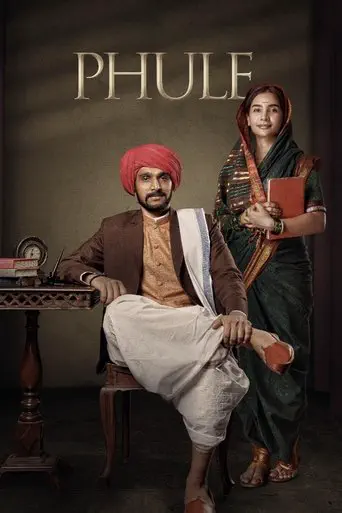
Phule
History Drama Hindi
A biopic on Jyotiba and Savitribai Phule, considered to be a pioneering couple in India’s societal history. They are often credited for underlining the importance of the girls’ education and self-dependence.
| Cast: | Pratik Gandhi, Patralekhaa, |
|---|---|
| Director: | Ananth Narayan Mahadevan |

Guild Reviews
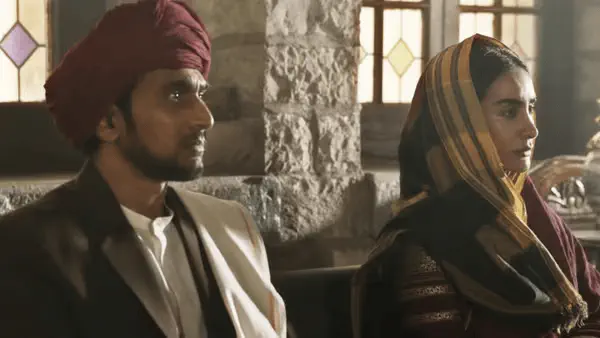
Too much like textbook history

Writer-director Ananth Narayan Mahadevan bookends his 129-minute biopic on social reformers and educationists Jyotirao and Savitribai Phule with the events of 1897. Poona is devastated by the plague. Savitribai runs across parched land to bring an ailing child to a makeshift medical camp. Before the doctors can pronounce a prognosis, events move back in time to 1848. Savitri was a child bride then, married to the slightly older Jyotirao Phule who, even as a teenager, was progressive enough to want his wife to be educated. This did not sit well with his conservative father (Vinay Pathak). Undeterred, Jyotirao continued to encourage not just his wife, but also the younger village girls, to learn. Now older and more committed, the Phules’ egalitarian practices and focus on social reform conflicted with the caste hierarchy of the time. The ire of higher-caste men, enraged that the ‘untouchables’ were stepping out of their lane, compelled the couple to move away from their family home. Joy Sengupta plays the upper-caste Vinayak, Darsheel Safary is the adopted son Yashwant Phule, and Amit Behl plays the head priest. Sharad Kelkar serves as narrator, giving the staccato screenplay some cohesion.
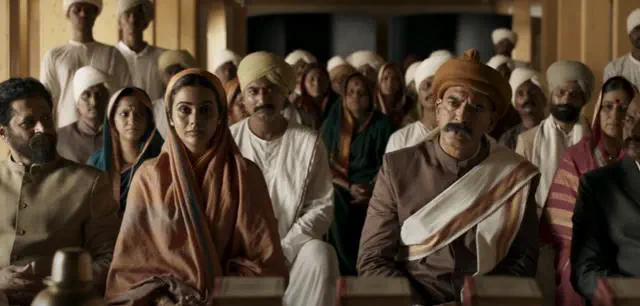
Pratik Gandhi excels in this decent period drama

(Written for The Common Man Speaks)
Mahatma Jyotirao Phule and Savitri Phule were a social reformer couple who worked for the causes like eradication of caste discrimination, women education, widow remarriage, etc. Filmmmaker Ananth Narayan Mahadevan’s Phule is a biopic on their lives and struggles. Jyotirao is married off to Savitri when they were kids, as per the traditions and customs of that era. They both belonged to the (so-called) lower caste. Jyotirao starts educating his wife from an early age as he strongly believed that it’s important for women to be educated. The movie starts off in 1848 when Jyotirao (Pratik Gandhi) and Savitri (Patralekhaa) are already grown-ups and working towards education of girls from their neighbourhood in Pune (then Poona). The two face strong opposition from the (so-called) upper caste people of that time.
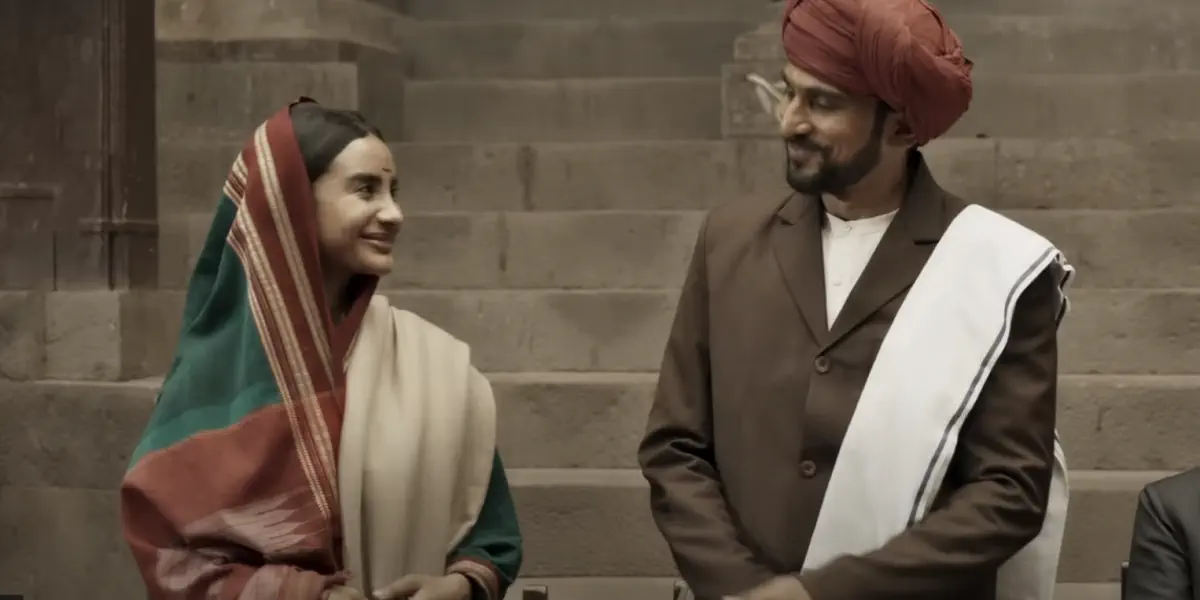
Ananth Mahadevan’s Film is Not as Brave as its Firebrand Protagonists

One could argue: making a biopic in Hindi cinema these days is a lost battle even before one begins. Such is our legal system, our near-Olympic status at taking offence as a society, the cumbersome process of obtaining life-rights, and the patronising tone filmmakers adopt to turn someone’s life story into a moral science lesson (or they won’t get it). It’s no surprise then that most biopics coming out of Hindi cinema re-manufacture a stale, reverential tone with intermittent cues of inspirational music – so much so that my brain almost involuntarily switches off during such sequences these days. And god forbid if the film has the slightest socio-political criticism. Then the headache of battling the CBFC (censor board), with the livelihoods of hundreds of crew members being on the line – it’s no surprise why nearly every filmmaker is cautious, even if the film is set around characters who took on Brahmanical patriarchy more than a century ago.
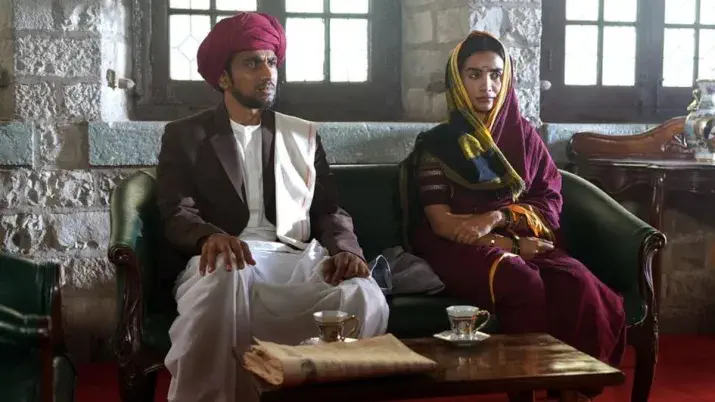
Phule - An Audio Review on 92.7 BigFM

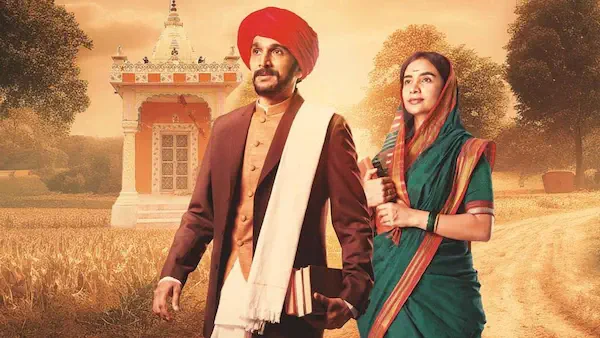
A Dull Biopic Of Two Revolutionary Social Reformists

The only shortcoming about great lives is that stories about them can be told only once. It is not so much the arc being familiar as it is the effect getting diffused. It is not so much the details being reiterated as the ingenuity of the biopic getting lost. This is a standing problem with Ananth Mahadevan’s Phule, a rare Hindi film about Jyotirao and Savitribai Phule. It had one chance to convey the incredible journey of the social reformists, and it squanders it. On paper, it is an almost impossible task. Even a cursory research about both their lives will outline a scalding revolution that most Hindi films lately work overtime to generate from uninspiring stories. The heroism is so in-built in the narrative that it seeps even without a rousing background score and sweeping monologues. The commentary is so entrenched in the way they conducted themselves that it requires none of the crutches of embellishment that most biopics are prone to lean on.
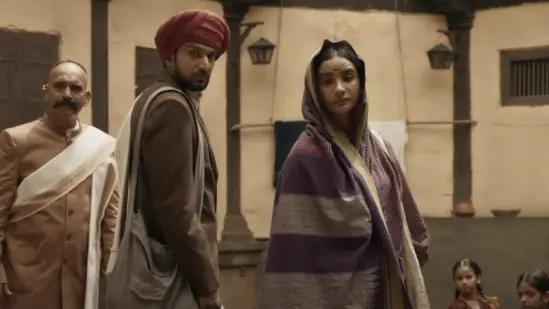
महान समाज सुधारक ज्योतिबा फुले के प्रेरणादायी जीवन सफर से रूबरू होने के लिए, यह फिल्म एक बार जरूर देखनी चाहिए।

‘हमारा देश एक भावुक देश है, यहां धर्म और जाति के नाम पर लोगों को लड़ाना बड़ा ही सरल है, यह भविष्य में भी होगा।’ देश के महान समाज सुधारक महात्मा ज्योतिबा फुले की फिल्म ‘फुले’ में की गई यह भविष्यवाणी आज के दौर में और भी ज्यादा प्रासंगिक हो जाती है, जब धरती का स्वर्ग कहे जाने वाले कश्मीर में धर्म के नाम पर कई परिवार उजाड़ दिए जाते हैं। बेटियों की शिक्षा के लिए आज भी ‘बेटी पढ़ाओ, बेटी बचाओ’ मुहिम चलानी पड़ती है और उच्च वर्ग नाराज ना हो जाए, इसलिए फिल्म को सेंसर कर दिया जाता है। ज्योतिबा कहते हैं, ‘बस क्रांति की यह ज्योति जलाए रखना।’ वह क्रांति, जिसका बिगुल उन्होंने 18वीं सदी में फूंका था। फिल्म ‘फुले’ ज्योतिबा के जीवन और विचारों को समर्पित वही क्रांति गीत है, जिसे मेनस्ट्रीम सिनेमा में लाने के लिए मेकर्स की तारीफ बनती है।
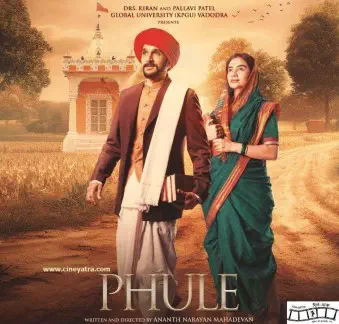
ज्योतिबा की क्रांति दिखाती ‘फुले’

महान समाज सुधारक ज्योतिराव फुले (1827-1890) और उनकी पत्नी सावित्री बाई फुले (1831-1897) के बारे में हम सबने सुना है। लेकिन कितना…? दरअसल भारत भूमि के हर कोने में इतने सारे महान व्यक्ति जन्म ले चुके हैं कि हर किसी के बारे में हर कोई विस्तार से जान भी नहीं सकता। किताबें हर कोई पढ़ता नहीं, ऐसे में सिनेमा आकर हमें इनके बारे में बताते हुए अपनी भूमिका सार्थक करता है। निर्देशक अनंत नारायण महादेवन की यह फिल्म ‘फुले’ यही काम करती है, पूरी सफलता के साथ। ज्योतिबा फुले ने समतामूलक समाज का न सिर्फ स्वप्न देखा था बल्कि अपना पूरा जीवन उस स्वप्न को सत्य बनाने में लगा दिया। खासतौर से बेटियों को शिक्षित करने और स्त्रियों को उनके अधिकार दिलवाने जैसे उनके कार्य वंदनीय थे। उनकी पत्नी सावित्री बाई फुले ने भी इस क्रांति में कंधे ने कंधा मिला कर उनका साथ दिया। वह सावित्री बाई ही थीं जिन्होंने शूद्रों को पहली बार ‘दलित’ नाम दिया था। ज्योतिबा को ‘महात्मा’ कहा गया और आज तक पूरा भारत फुले दंपती को पूज्य मानता है। यह फिल्म ‘फुले’ उनकी इसी संघर्ष यात्रा को दिखाती है।
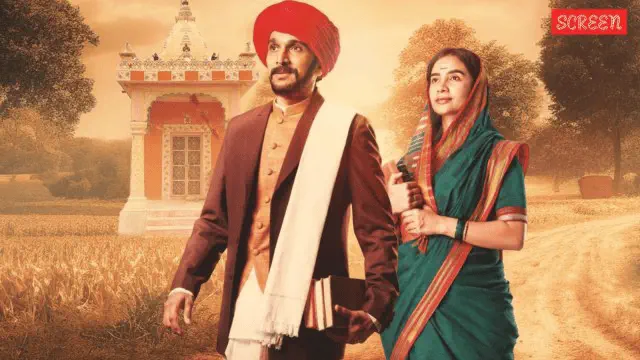
A middling, talky period drama about a remarkable revolutionary couple

In the 19th century Maharashtra, Jyoti Rao Phule and his wife Savitri Bai lit the flame of female education and all-round empowerment at a time when girls were married off when they were barely more than children, forced to bear and rear their own children for the rest of their lives. In an early scene, we see little Savitri learn how to read with the help of the much-older Jyotiba, and how that changed her, and made her aware of her world. The release of this bio-pic, whose opening credits claim that it is based on detailed research, was delayed because of ruffled Brahmin feathers, but nothing in it feels like a figment of the filmmakers’ imagination. It feels like an accurate if sanitised representation of social realities of that time, during which the British were playing their own crafty games of keeping the ‘natives’ in check, by using the rampant caste discrimination to keep dividng and ruling while holding out the carrot of conversion to Christianity.
Latest Reviews
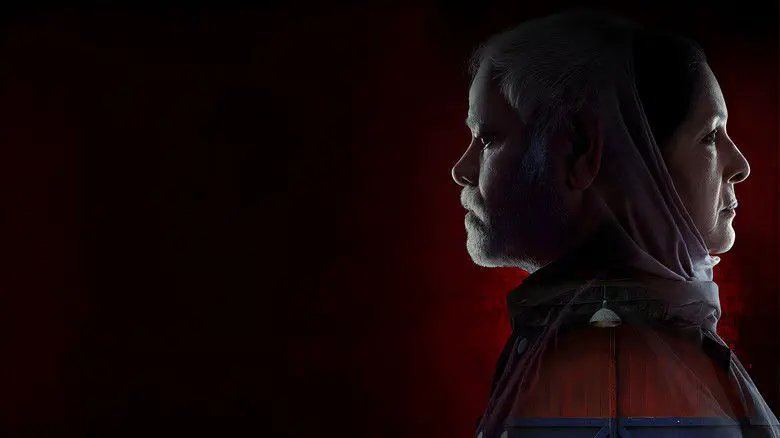


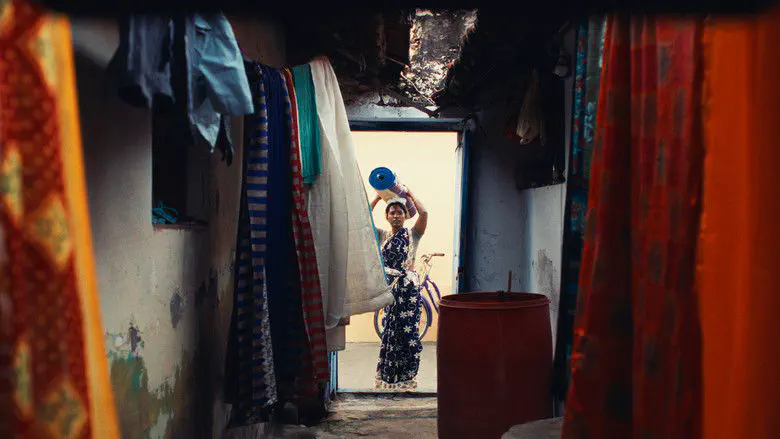
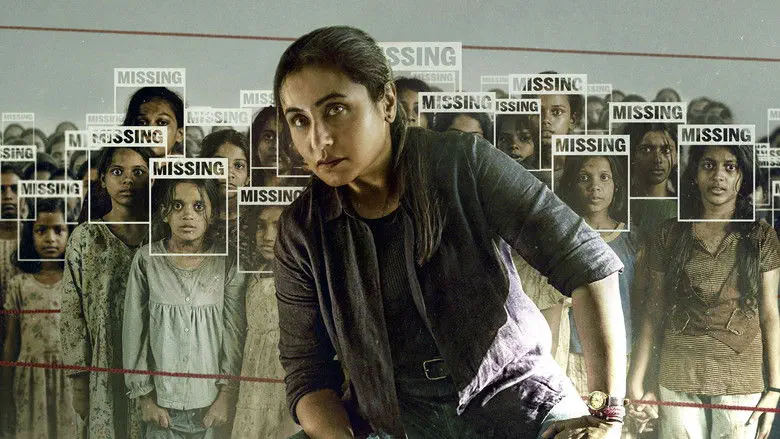

Mardaani 3
Action, Crime, Thriller (Hindi)
Officer Shivani Shivaji Roy returns to hunt down those behind the disappearance of young girls, risking… (more)